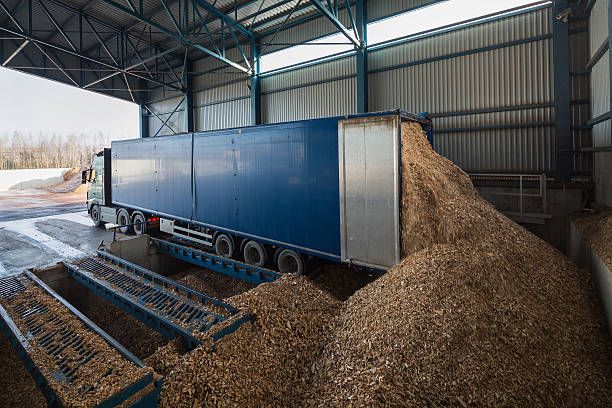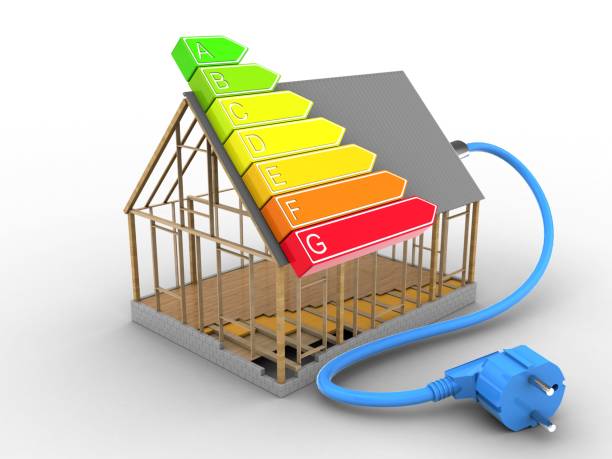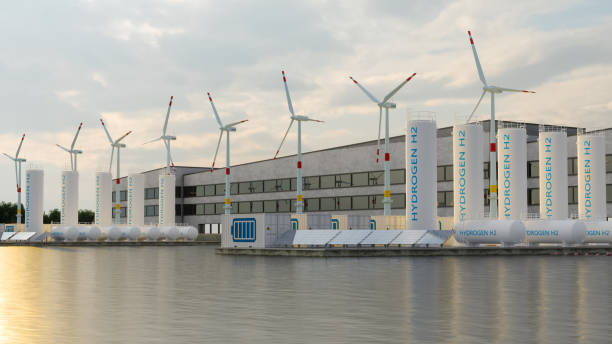Energy & Climate Change

Biomass & Alternate Fuel
Services to promote the sustainable use of biomass resources and the development of alternative, low-carbon fuels through Biomass Resource Assessment, Bioenergy Feasibility Studies, Biomass Supply Chain Management, Waste-to-Energy Solution, Alternative Fuel Infrastructure Planning .
Read More

Energy Efficiency & Conservation
Services to help individuals, businesses, and communities reduce energy consumption, lower costs, and minimize environmental impact though Energy Audits, Building Retrofit, Renewal Management System, EMS, BMS, Energy-Efficient Appliances and Equipment, Waste heat Recovery, Monitoring and Verification, Customised Energy Conservation Plans
Read More

Demand Side Management
Development of strategies on energy efficiency programs, time of use pricing, Load Profiling and Monitoring, Load Shifting Strategies, Peak Load Management, Behavioral Change Programs, Smart & Intelligent Building Solutions, Energy Storage Integration, Grid Interaction, Data Analytics for Grid etc
Read More

Renewable Energy & Storage
Research & Studies on Innovative solar photovoltaics, solar thermal technologies, and solar energy storage. Research on advanced battery systems for energy storage in various application in sync with studies on integrating energy storage into renewable energy systems and the electricity grid.
Read More

Climate Change
Studies aim to provide a holistic understanding of the environmental impact of industrial and building operations, offering practical strategies for reducing carbon footprints, improving energy efficiency, and building resilience to climate change and to implement effective sustainability plans tailored to the unique characteristics of each sector/organisation
Read More

Energy Access
Studies and report on access to electricity for basic use of households, reliable and affordable energy supply etc. this includes Energy Infrastructure Developments, Renewable Energy Solution, Technology Selection and Implementation, Financial Modeling and Funding Support,
Read More







